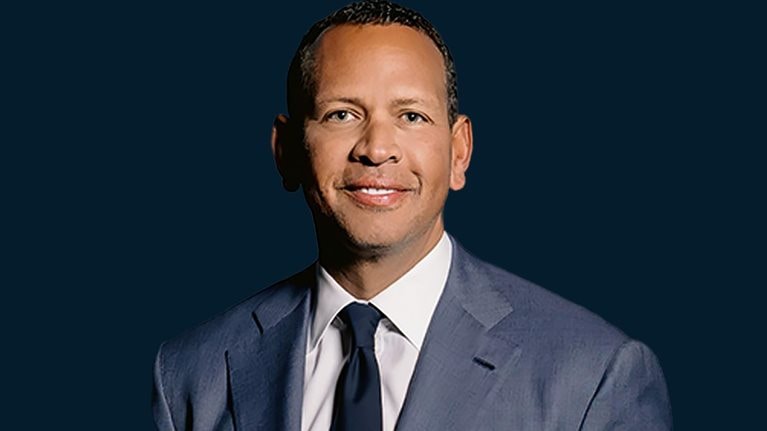The McKinsey Institute for Economic Mobility holds itself to a high standard as it develops independent, objective research to support recommendations that can improve economic inequities in communities around the world. In our process, we draw upon data from a wide range of sources and leverage research from leading academic institutions, think tanks, and global institutions – in addition to our unique McKinsey assets to produce new knowledge for the field.
Sign up to get our latest insights delivered directly to your inbox.


